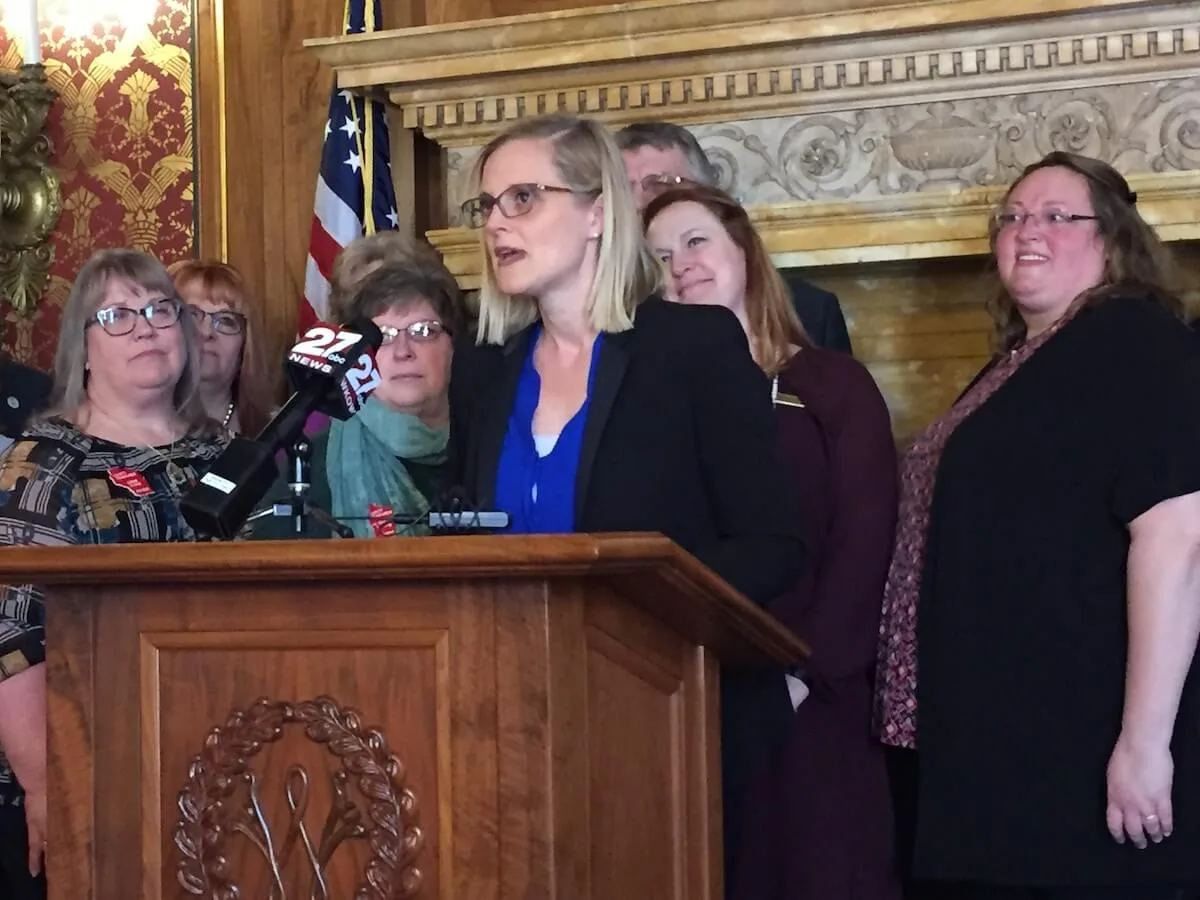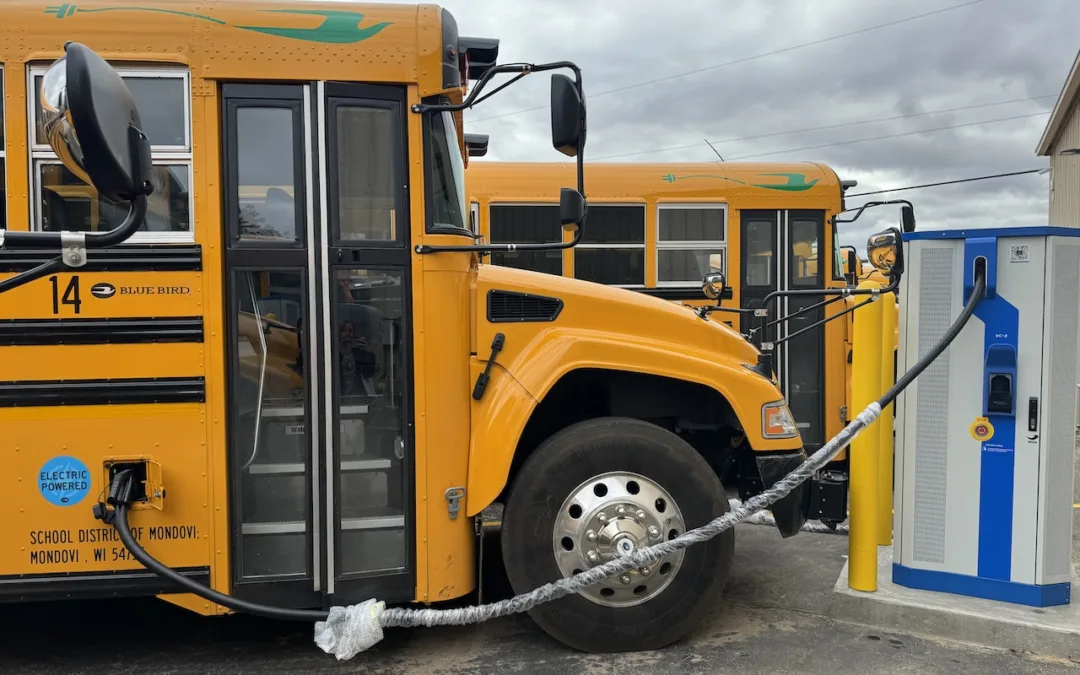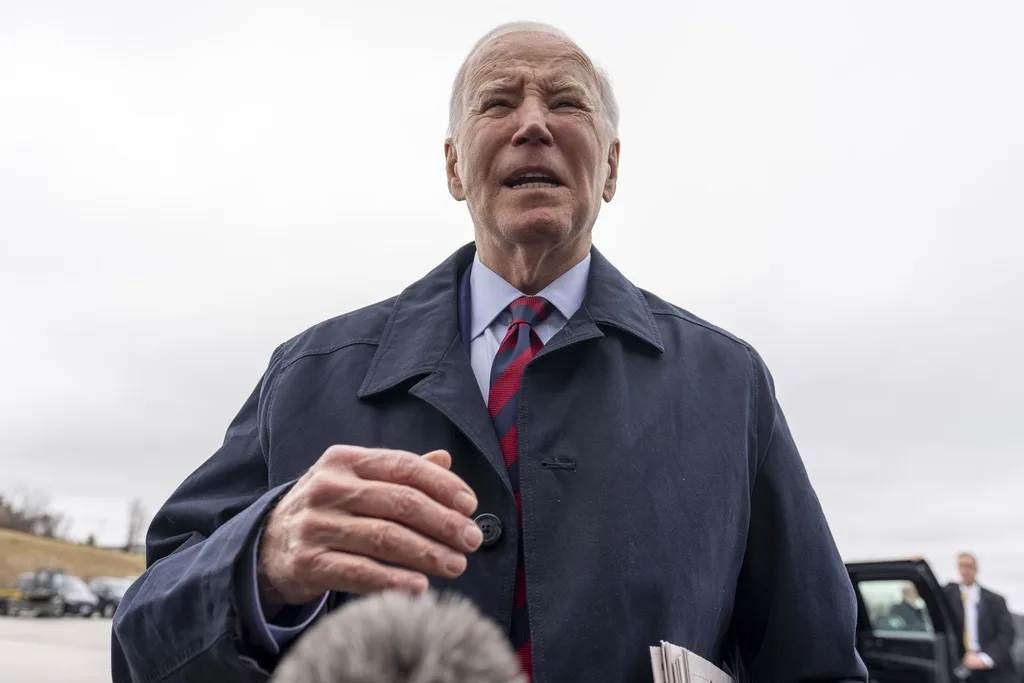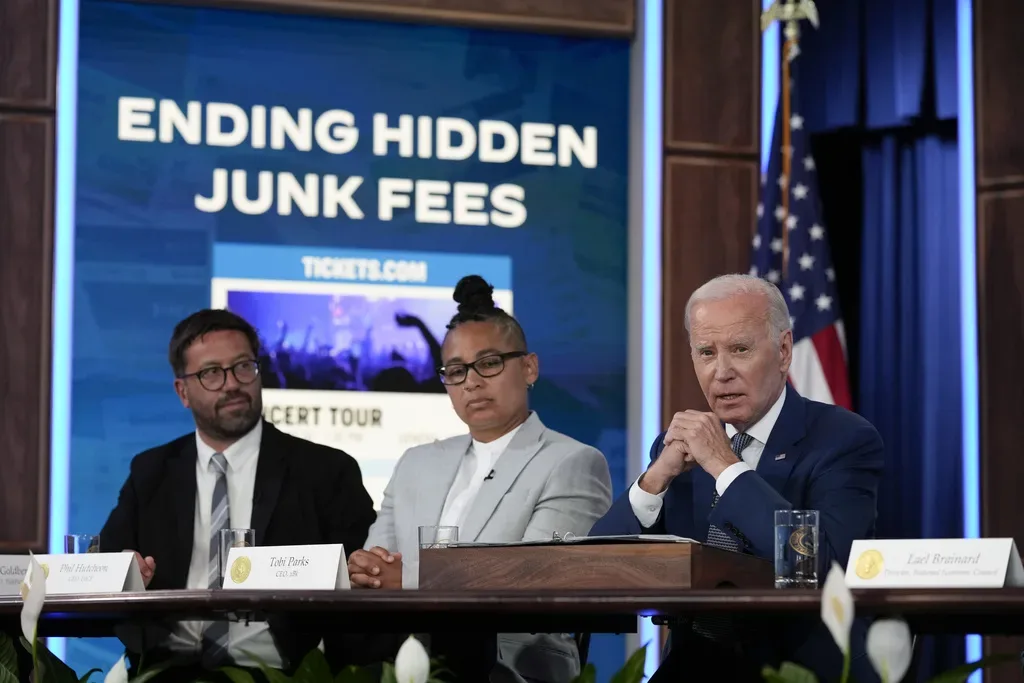
#image_title
#image_title
Godlewski forms task force to identify and assist those close to eviction
As the start of each month nears, Laura Lind feels a familiar sense of panic, a fear brought on by worries about having enough money to pay rent to keep a roof over her head and that of her two young children.
Lind rents a small apartment on Madison’s west side. The space is comfortable — a cozy living room, a tidy kitchen, a small dining area, two small bedrooms and a bathroom. Her home is nothing fancy, Lind said, but it’s nice and safe, the kind of place where she feels good about raising her two kids, at least for now.
“I’d like to stay here, I really would,” Lind said Monday evening after finishing another day as a receptionist and picking up her kids, ages 2 and 4, from her childcare provider. “It’s a good place for me and my kids.”
But remaining at that location is a challenge, the 34-year-old Lind said. Her $27,000 annual salary working as an administration assistant gets stretched thin by the $1,200 monthly rent, food, car payment, child care, medical costs and other expenses, she said. For the last week of each month, Lind said, she puts off needed purchases to make sure she has enough money to pay rent.
Sometimes even that isn’t enough. For the past several months, Lind’s mother has pitched in a couple hundred dollars to help make the rent payment.
“I’m looking for other jobs, to try to make more money,” Lind said. “But right now this is the best I can do.”
A statewide initiative announced Wednesday aims to help Lind and other Wisconsin residents seeking to remain in their homes or apartments they are struggling to afford by making use of existing resources rather than creating costs for taxpayers.
State Treasurer Sarah Godlewski said the Treasurers’ Task Force for Homeowners will combine the efforts of local government, community partners and private entities to help identify people like Lind having difficulty affording their homes and paying bills.
The partnership will involve the state’s 72 county treasurers, Godlewski said, and the more than 1,400 treasurers working in Wisconsin cities, villages and towns.
Treasurers often are aware of indicators, such as past-due utility payments or delinquent property taxes, signs people may be struggling to maintain home payments, she told those attending a news conference at the State Capitol Wednesday at which the task force was announced.
Once people struggling to afford their homes are identified, they may be linked to resources designed to help them access funding to remain in their residences, Godlewski said. Much of the effort, she said, involves combining existing resources more effectively and connecting them to people who need assistance, she said.
“We are looking at how we can best use our resources to help people stay in their homes,” Godlewski said. “We don’t necessarily need to reinvent the wheel. There are a lot of resources out there that people don’t know about, and this is an effort to organize them and get them to the people who need them.”
In addition to helping people stay in their homes, the task force hopes to help residents buy places to live. In some cases, Godlewski said, that funding could come from state agencies or other groups that have money available for that purpose.
For example, funding for first-time homebuyers is available through the Wisconsin Housing and Economic Development Authority, “but I don’t think many people know that,” she said, noting the task force project won’t cost taxpayers money but will make use of existing resources.
The task force also hopes to find ways to help people pay past-due taxes and other bills related to their homes. Identifying people in need of such assistance as early as possible will prove key to helping them remain in their homes and improve their financial situations more quickly, Godlewski said.
“The sooner we can get people help, the better their chances of staying in their homes will be,” she said, noting people sometimes wind up facing large repayments and fines because bills weren’t paid early on.
Affordable housing shortage
Housing experts and officials in communities across Wisconsin report shortages of housing deemed affordable for large numbers of people. The issue is especially acute for incomes at or below 30 percent of their region’s median income, officials said.
Many of those households are severely cost-burdened, meaning they spend half or more of their incomes on housing. The National Low Income Housing Coalition defines affordable housing as costing 30 percent or more of a household’s income. People spending more than that figure for housing generally are considered at risk of losing their homes.
A United Way of Wisconsin study released in 2018 revealed that 38 percent of Wisconsin residents struggle to afford basic living expenses, among them housing. The number of state residents experiencing difficulty paying for housing and other expenses grew 5 percent since 2010, according to the United Way study.
A single person in Wisconsin needed to earn at least $19,848 annually and a family of four $61,620 or more to be able to afford basic expenses, the study states. Those costs are higher or lower in different parts of the state, depending on the price of living in those locations.
“Affordable housing isn’t just an issue in Milwaukee,” Godlewski said. “It is an issue in places all across our state.”
Places like Eau Claire, where housing costs in the west-central Wisconsin city of 70,000 have increased significantly in recent times, and the average rent currently tops $800 monthly.
At the same time, wages for many in the community — especially for those at the lower end of the pay scale — have failed to keep pace, making affording housing more challenging.
A rental unit vacancy rate of less than 2 percent coupled with a shortage of available owner-occupied homes has helped drive up housing costs as demand has far outstripped available supply.
Landlords can be especially choosy about who they rent to, and people with poor past credit, criminal records or past evictions have difficulties finding places to live, local housing advocates said.
Torri Dankert knows firsthand how an eviction can scare off landlords. The 22-year-old, who gave birth six weeks ago, already has been evicted from homes in Milwaukee and Eau Claire, and her current search for a new home in Eau Claire has been hindered by her past, she said.
“Right now in Eau Claire, with most landlords, as soon as they learn you have an eviction, they’re not going to rent to you,” said Dankert, who is living with her mother in a trailer at Maples Mobile Home Park on the city’s north side.
Many of the other 50 or so residents at Maples are seeking to move too, as already-dangerous housing conditions continue to deteriorate and the property’s owners have failed to make timely repairs.
But most have poor credit, insufficient income or previous evictions, and even with the assistance of local government officials, most have been unable to find landlords willing to rent to them.
Accounts of affordable housing struggles across Wisconsin prompted the task force effort, Godlewski said. She hopes the task force can share ideas, create partnerships and coordinate resources in ways to allow more people to be housed.
“If people are losing their homes or can’t buy them, we are losing the ability of people to feel financially secure,” Godlewski said. “That is something we need to change.”
Politics

Eric Hovde’s company exposed workers to dangerous chemicals, OSHA reports say
A Madison-based real estate company run by Wisconsin US Senate candidate Eric Hovde settled with the Occupational Safety and Health Administration...

Plugged in: How one Wisconsin school bus driver likes his new electric bus
Electric school buses are gradually being rolled out across the state. They’re still big and yellow, but they’re not loud and don’t smell like...
Local News

Stop and smell these native Wisconsin flowers this Earth Day
Spring has sprung — and here in Wisconsin, the signs are everywhere! From warmer weather and longer days to birds returning to your backyard trees....

Your guide to the 2024 Blue Ox Music Festival in Eau Claire
Eau Claire and art go hand in hand. The city is home to a multitude of sculptures, murals, and music events — including several annual showcases,...




